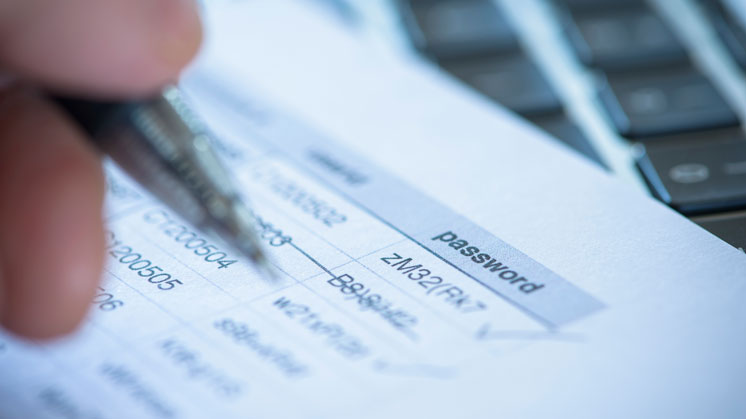New Cifas data reveals record levels of identity fraud
15 March 2017
As any victim of identity fraud will tell you, falling victim can be a traumatic and frustrating experience. Although in most cases you are not liable for a loss of funds, it is the time it takes to rectify the situation that has the greatest impact on victims. Having to prove it was not you who applied for that bank account or credit card and the implications of repairing your credit history is what makes the whole experience such a headache.
New figures from Cifas today revealed that our members recorded the highest number of identity frauds in 2016 than ever before, with almost 173,000 recorded. This is up from 2015, which itself was a record year.
These new figures are further proof that identity fraud continues to be the number one fraud threat in the UK.
With nine out of ten identity frauds committed online, we know that use of the Internet remains the key factor in the volume of identity frauds. The vast amount of data obtained through hacking or phishing and the ability to use that data to apply for products and services online leaves fraudsters spoilt for choice
The availability of so much data gives fraudsters the edge, as they can apply for bank accounts, credit cards, loans and other goods and services in volume, at speed and with anonymity: enabling identity fraud to be carried out in an organised and industrialised manner.
Whilst we have seen growing numbers of young people falling victim in recent years, our figures show that every age group is at risk and this is why we are reminding people to keep their personal information safe.
By using strong passwords, downloading software updates, buying only from secure online shopping sites, and avoiding using public Wi-Fi for banking, we can all take simple but effective steps to protect our personal data from identity fraudsters.
At the same time, we shouldn’t be complacent about our offline behaviour. We need to continue to secure mail boxes, and shred bank statements and utility bills, otherwise we are still placing ourselves at risk. Fraudsters will always be looking for the chink in our armour.
We all remember to lock and protect our houses, our cars, our physical belongings from people we don’t know or trust. We need to do more to lock and protect our identities in every aspect of our lives if we are ever going to reduce the number of victims.
Read the full press release.
---
We’ll soon be publishing the first in a series of new blogs exploring the changing nature of identity. In the first blog, Sandra Peaston, Assistant Director, Insight at Cifas and author of our annual report Fraudscape, considers what your name means in 2017 when it comes to your identity.
Posted by: Mike HaleyMike is Chief Executive of Cifas.
PREVIOUS POSTNEXT POST
Media streaming – free services that could prove costly to your data
29 March 2017
Free media streaming services such as Kodi are becoming increasingly popular, but many users aren't aware of the potential dangers they are exposed to.
CONTINUE READING
Keeping fraud and cyber-crime prevention simple
3 March 2017
Cifas’ Deputy Chief Executive Mike Haley looks at two campaigns that are turning the sometimes ‘dry’ subject of online fraud into something impactful.
CONTINUE READING
Back to blog home >


